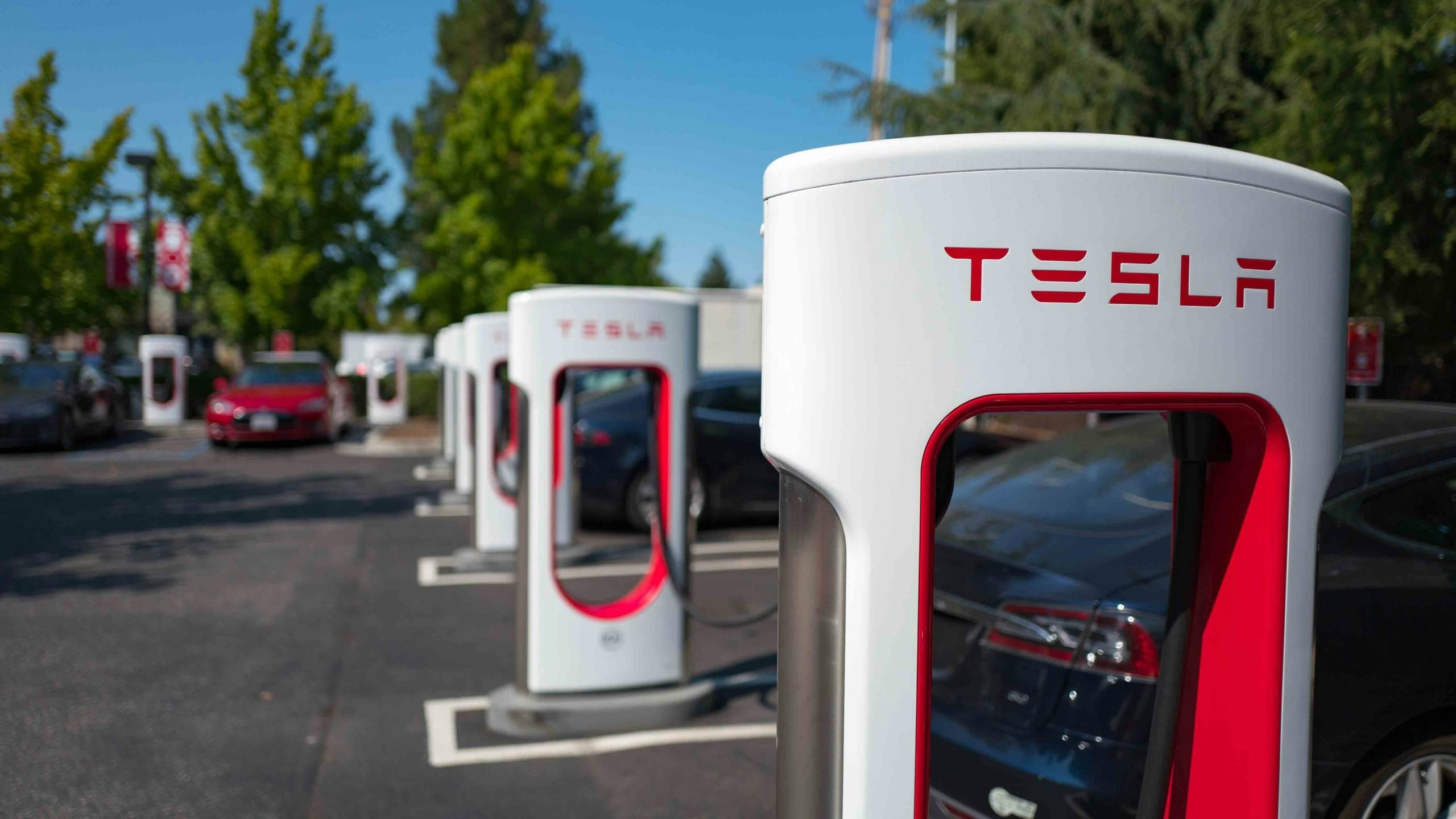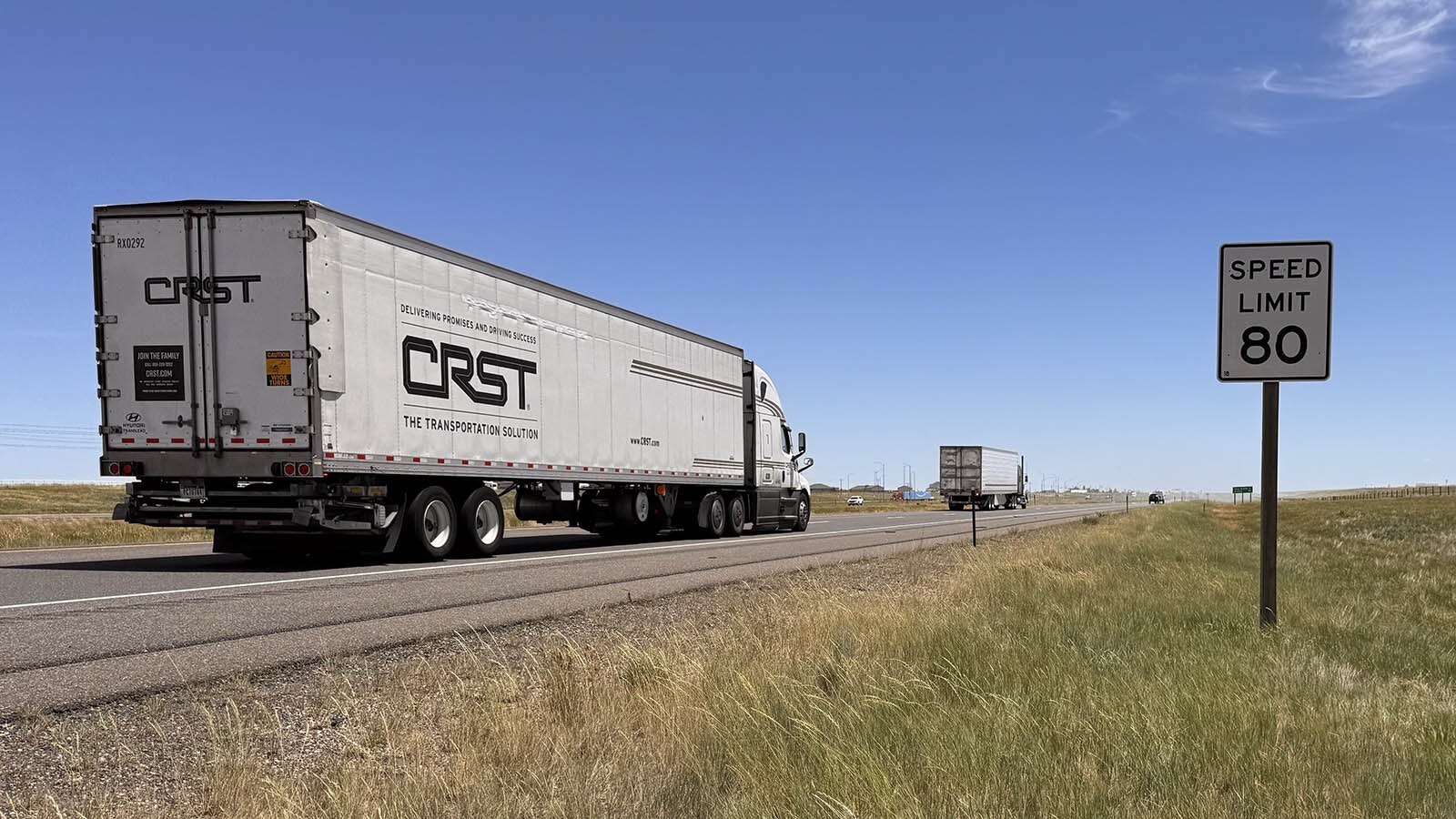By Scott McClallen, The Center Square
Some experts this Earth Day are questioning whether electric vehicles (EV) are actually as environmentally friendly as initially claimed by automakers and government officials.
In the words of Gov. Gretchen Whitmer, Michigan’s automakers are speeding to an “all-electric future,” despite looming supply chain issues, chip shortages, and a possible battery shortage.
Last week, Rivian Automotive CEO RJ Scaringe warned reporters of a potentially looming shortage of raw materials essential to manufacturing EV batteries, which he added could be a more significant problem than the current computer-chip shortage.
“Put very simply, all the world’s cell production combined represents well under 10% of what we will need in 10 years,” Scaringe said last week, according to the Wall Street Journal. “Meaning, 90% to 95% of the supply chain does not exist,” he added.
Widespread EV adoption would require rare earth minerals, including cobalt, lithium, and nickel, which are in short supply in the United States. Importing the minerals, moreover, sparks ethical questions as rare earth minerals extraction overseas often involves child slave labor and can damage the environment.
The world’s top lithium producers are South America, where Argentina and Chile provide 93% of U.S. lithium. Amnesty International reports thousands of child laborers mine cobalt for lithium batteries. Additionally, a Guardian report noted that children as young as six work in the mines.
While they don’t guzzle gas, a single Tesla requires seven kilograms of lithium for its battery pack, which requires an energy-intensive extraction from the brine of salt flats that can damage the environment and cause water shortages, such as in Chile’s Atacama and Argentina’s Salar de Hombre Muerto regions, Ronald J. Deibert explains in his book “Reset: Reclaiming the Internet for a Civil Society.”
In the Democratic Republic of Congo, which produces most of the world’s cobalt, child slaves often work in the mines.
While there are only 456 registered electric vehicles in Wyoming, Michigan has 13,545 EVs. That sounds like a big difference but Michigan also has 5.8 million gas vehicles. Yet, the Great Lakes State has dumped more than $1 billion into EV subsidies.
Jason Hayes, director of environmental policy at the Mackinac Center for Public Policy, said Michiganders should consider the “full environmental impact” of EVs.
“Electric vehicles are promoted as the more environmentally friendly choice, because the ratings often only consider CO2 emissions from the tailpipe,” Hayes said in a statement.
“But EVs have their share of CO2 embedded in their manufacturing processes and they use six times more mineral than conventional vehicles – many of which have to be mined, processed and then imported from developing nations,” he said.
“EVs will also put tremendous stresses on our increasingly fragile and weather-dependent electric grid. It’s time for government to stop caving to green special interests and honestly inform consumers about the full environmental impact of electric vehicles.”





